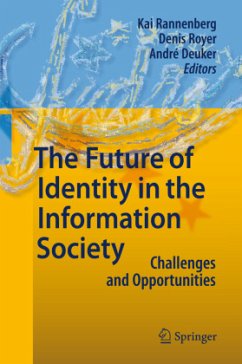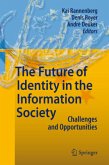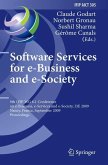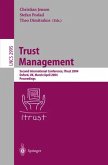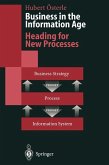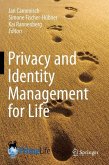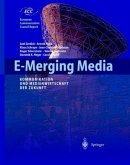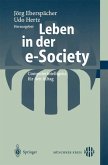Digitising personal information is changing our ways of identifying persons and managing relations. What used to be a "natural" identity, is now as virtual as a user account at a web portal, an email address, or a mobile phone number. It is subject to diverse forms of identity management in business, administration, and among citizens. Core question and source of conflict is who owns how much identity information of whom and who needs to place trust into which identity information to allow access to resources.
This book presents multidisciplinary answers from research, government, and industry. Research from states with different cultures on the identification of citizens and ID cards is combined towards analysis of HighTechIDs and Virtual Identities, considering privacy, mobility, profiling, forensics, and identity related crime.
"FIDIS has put Europe on the global map as a place for high quality identity management research." -V. Reding, Commissioner, Responsible for Information Society and Media (EU)
This book presents multidisciplinary answers from research, government, and industry. Research from states with different cultures on the identification of citizens and ID cards is combined towards analysis of HighTechIDs and Virtual Identities, considering privacy, mobility, profiling, forensics, and identity related crime.
"FIDIS has put Europe on the global map as a place for high quality identity management research." -V. Reding, Commissioner, Responsible for Information Society and Media (EU)
From the reviews:
"The book, edited by Rannenberg, Royer and Deuker, is reasonably well structured - it begins with an introduction to theme of identity, looks at the nature and conceptualisation of identity in a evolving world, sets forth identity use case scenarios, and ... concluding with a discussion on the future of identity. ... it has international appeal (both for academia and industry), particularly those most interested in identity and identity management ... . a handy, resourceful and insightful guide to future research in the area." (Rowena Rodrigues, Journal of Information, Law and Technology, Issue 2, September, 2009)
"The book, edited by Rannenberg, Royer and Deuker, is reasonably well structured - it begins with an introduction to theme of identity, looks at the nature and conceptualisation of identity in a evolving world, sets forth identity use case scenarios, and ... concluding with a discussion on the future of identity. ... it has international appeal (both for academia and industry), particularly those most interested in identity and identity management ... . a handy, resourceful and insightful guide to future research in the area." (Rowena Rodrigues, Journal of Information, Law and Technology, Issue 2, September, 2009)

